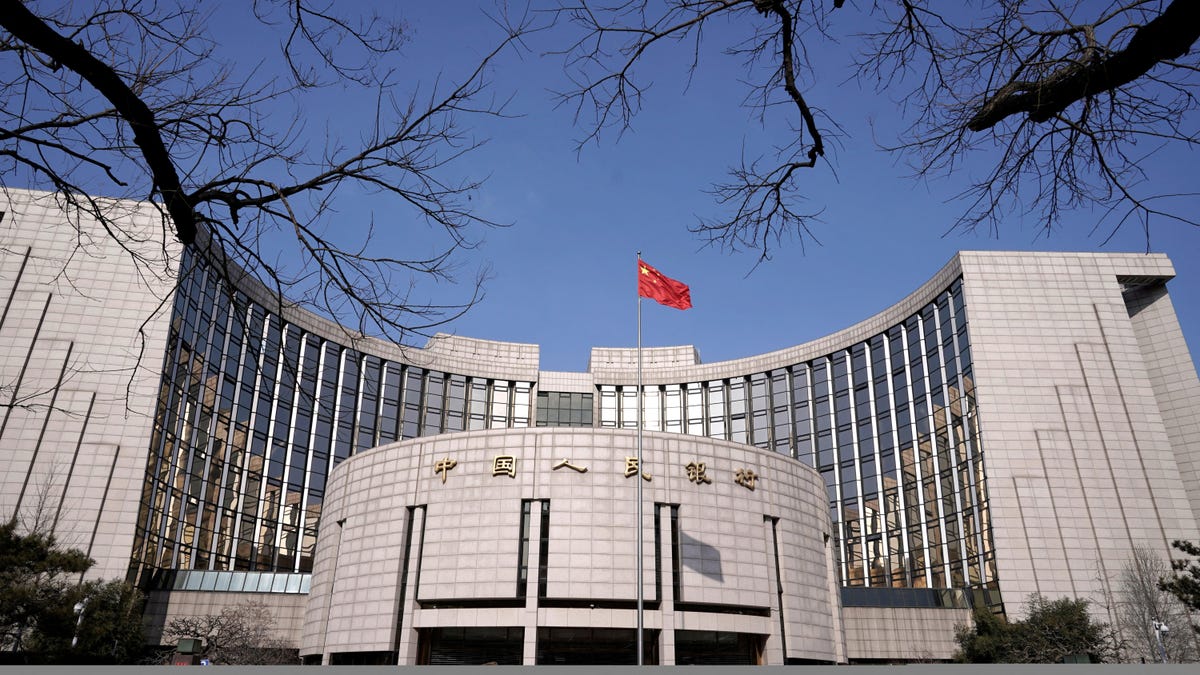China’s economy is facing significant challenges, particularly in its real estate sector. This sector constitutes a substantial portion of the country’s gross domestic product (GDP), but an oversupply of housing and increasing mortgage debt have created a crisis. Chinese consumers took on this debt with the expectation that the real estate sector would continue to grow without any disruption.
A potential solution would be for China to elect a new government that can implement policies favoring real estate and also encourage consumption in other sectors, such as healthcare. However, the current leadership, under Xi Jinping, is resistant to providing fiscal stimulus that could break China’s reliance on real estate investment. Redistribution of wealth could also threaten the ruling party’s position by empowering more Chinese citizens and potentially leading to social unrest.
This approach contrasts with the United States’ response to the economic impact of the pandemic. The US government provided financial assistance directly to its citizens, benefiting those who were most economically vulnerable. GZERO’s Ian Bremmer suggests that if China simply transferred cash to its investors, it could stimulate consumption and shift the focus of the country’s GDP from investment to consumption.
Instead of relying on spending to recover from a potential recession, China is opting for lending to boost its economy. The People’s Bank of China has already cut interest rates and reduced reserve requirements for banks, potentially encouraging more lending. However, analysts from Bespoke Investment Group predict that these measures may not be effective in stimulating borrowing due to weak demand for new loans.
Is China capable of avoiding a recession?
Bank of America economists anticipate that Chinese policymakers will intensify their efforts to address the country’s economic challenges in the coming months, particularly in September and October. The government has already implemented measures to support the real estate market, such as redefining the criteria for first-time home buyers and easing property restrictions. In addition, China has relaxed tax regulations and margin financing limits in capital markets.
There is also speculation about a potential bailout for local government financing vehicles (LGFV) that have contributed to China’s infrastructure development. This bailout could involve issuing refinancing bonds worth trillions of dollars to absorb the debt of local governments.
Should the Chinese economy continue to deteriorate, policymakers may resort to monetary easing, increased housing support, and fiscal stimulus targeting consumption. These measures could help mitigate the risk of a recession in China.
Denial of responsibility! Vigour Times is an automatic aggregator of Global media. In each content, the hyperlink to the primary source is specified. All trademarks belong to their rightful owners, and all materials to their authors. For any complaint, please reach us at – [email protected]. We will take necessary action within 24 hours.


